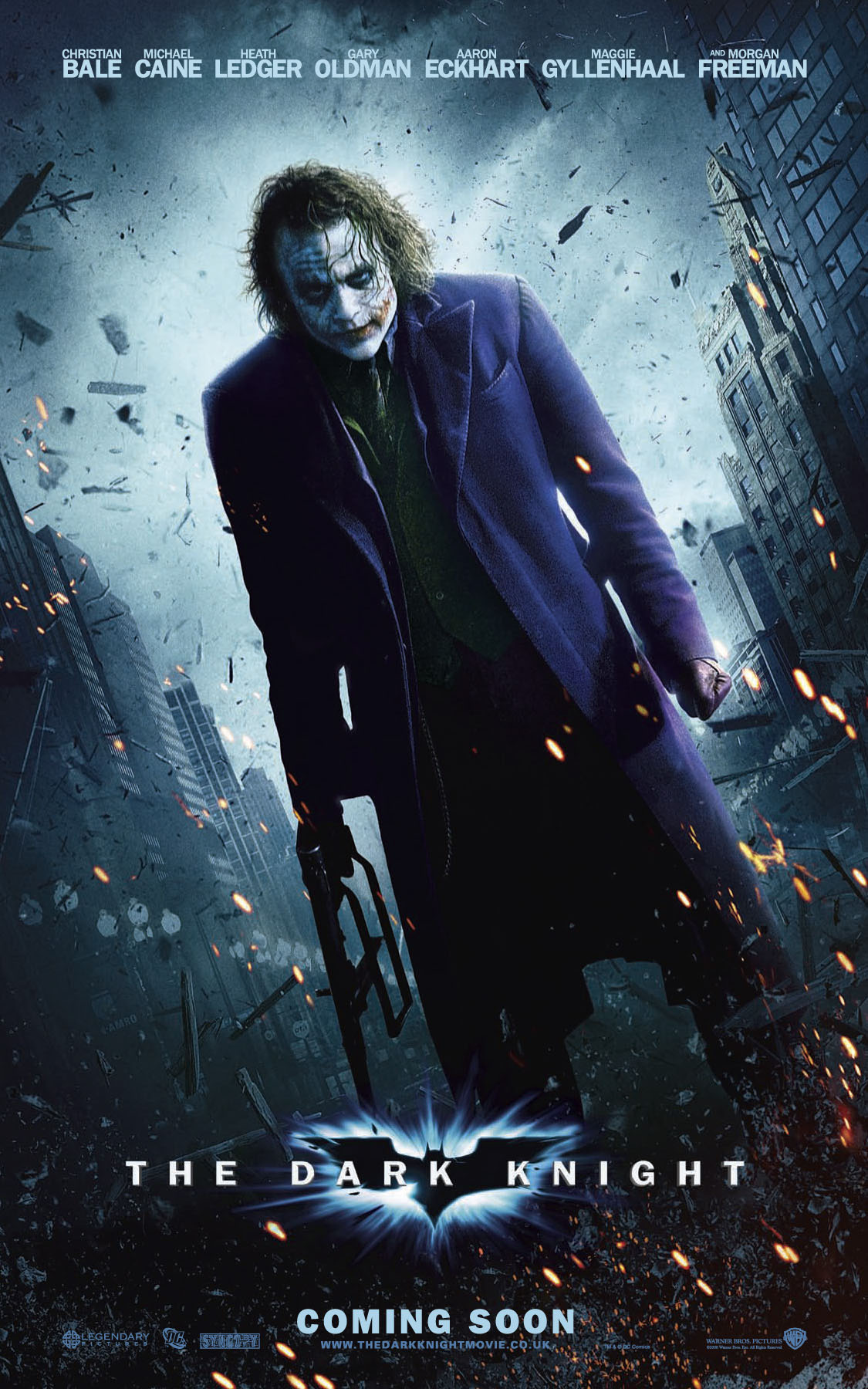In the sprawling tapestry of cinematic masterpieces, few films have ignited the fervor of both critics and audiences like Christopher Nolan’s “The Dark Knight.” Released in 2008, this electrifying narrative transcends mere entertainment and spirals into a harrowing exploration of morality, chaos, and the human condition. At its core, “The Dark Knight” is not just a superhero film; it is a philosophical odyssey underscored by the battle between order and anarchy.
Much like the Gotham skyline, which oscillates between towering aspirations and dark undercurrents, the film invites viewers into a world cloaked in duality. Batman, the enigmatic protector, embodies the struggle of maintaining equilibrium in a society marred by corruption. The caped crusader’s internal conflict represents a Sisyphean endeavor—perpetually striving against the tide of malevolence that threatens to engulf his city. His quest is not merely to fend off criminals; it is a deeper mission to salvage the very soul of Gotham.
The film’s pièce de résistance, however, lies in its antagonist, the Joker. Portrayed with haunting brilliance by Heath Ledger, the character is a whirlwind of chaos, a devilish harbinger of anarchy who exists to destabilize the status quo. He is not simply a villain; he is a philosophical entity, challenging the notions of heroism and sanity. The Joker’s whimsical yet sinister demeanor encapsulates a philosophical dissection of morality—his infamous line, “Why so serious?” pierces through the layers of social construct, suggesting that perhaps society itself is a fragile façade. This interaction between hero and antihero crystallizes the film’s central tenet: in a world where rules are as malleable as the people who adhere to them, what does it mean to be ‘good’ or ‘evil’?
Visually, “The Dark Knight” is a veritable feast for the senses. The cinematography by Wally Pfister captures Gotham’s gritty essence, contrasting the darkness with stark, fleeting moments of hope. The score, composed by Hans Zimmer and James Newton Howard, pulsates with an undercurrent of tension, echoing the film’s thematic depth and emotional resonance. Every explosion, every whispered confession, adds layers to a narrative that is so much more than the sum of its parts.
Moreover, the dialogue brims with gravitas, each line meticulously crafted to evoke reflexivity regarding justice and vigilantism. The interplay of characters—Alfred’s sage wisdom, Harvey Dent’s tragic arc—adds another dimension to this intricate narrative. Herein lies the film’s unique appeal: it provokes thought while entertaining, rendering it a cinematic gem that defies genre conventions.
Ultimately, “The Dark Knight” is more than a mere thriller; it is a contemporary fable that examines the fragility of human morality. Its brilliance resides in its multifaceted exploration of good and evil, echoing the perennial questions that haunt humanity. Indeed, one could argue that the film not only warrants the hype it has garnered but necessitates it, serving as a profound commentary on the world in which we live and the heroes we seek.
